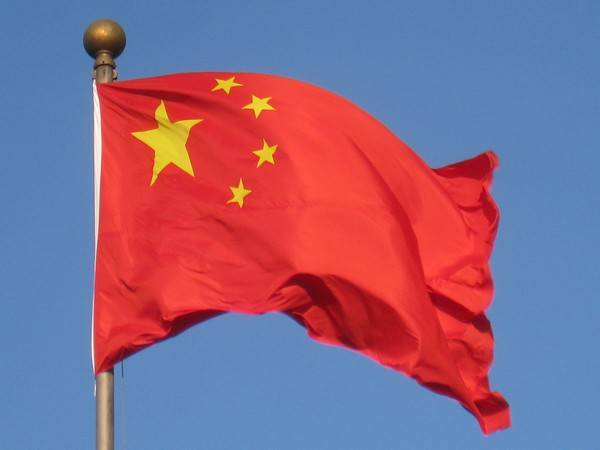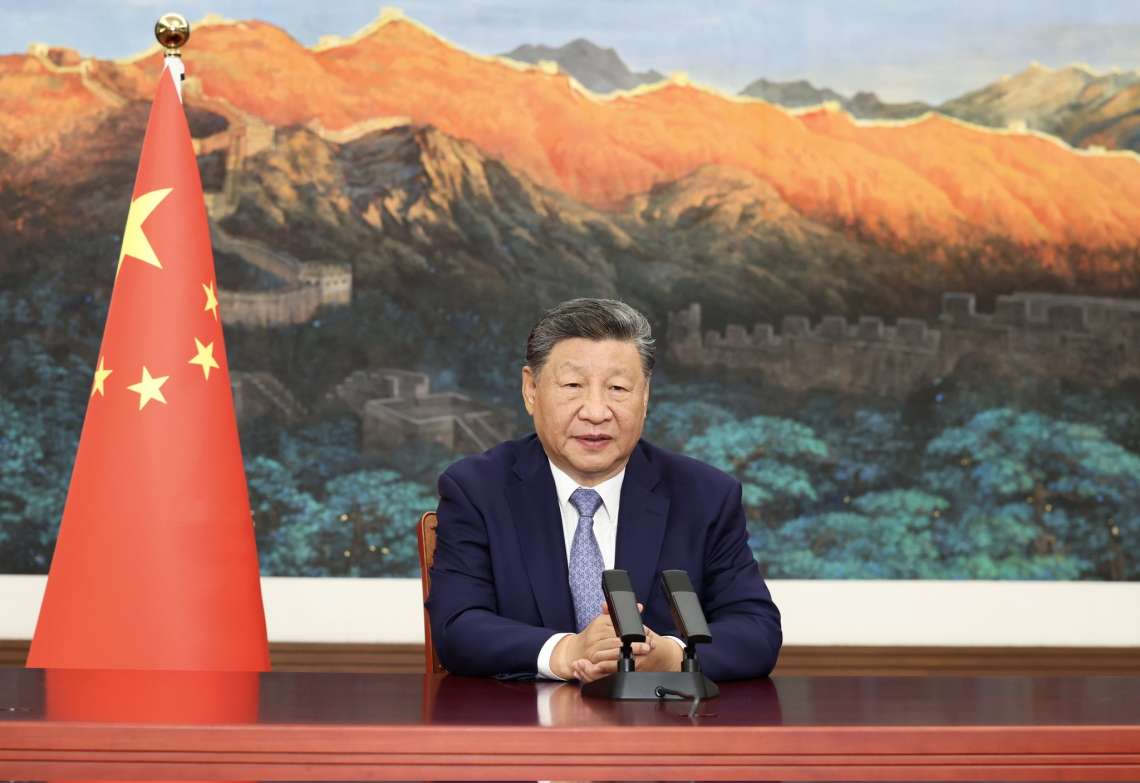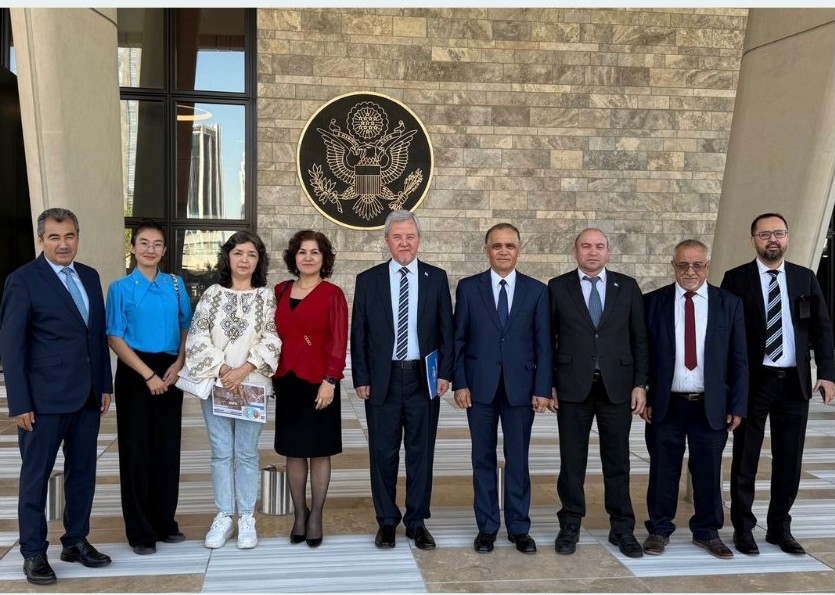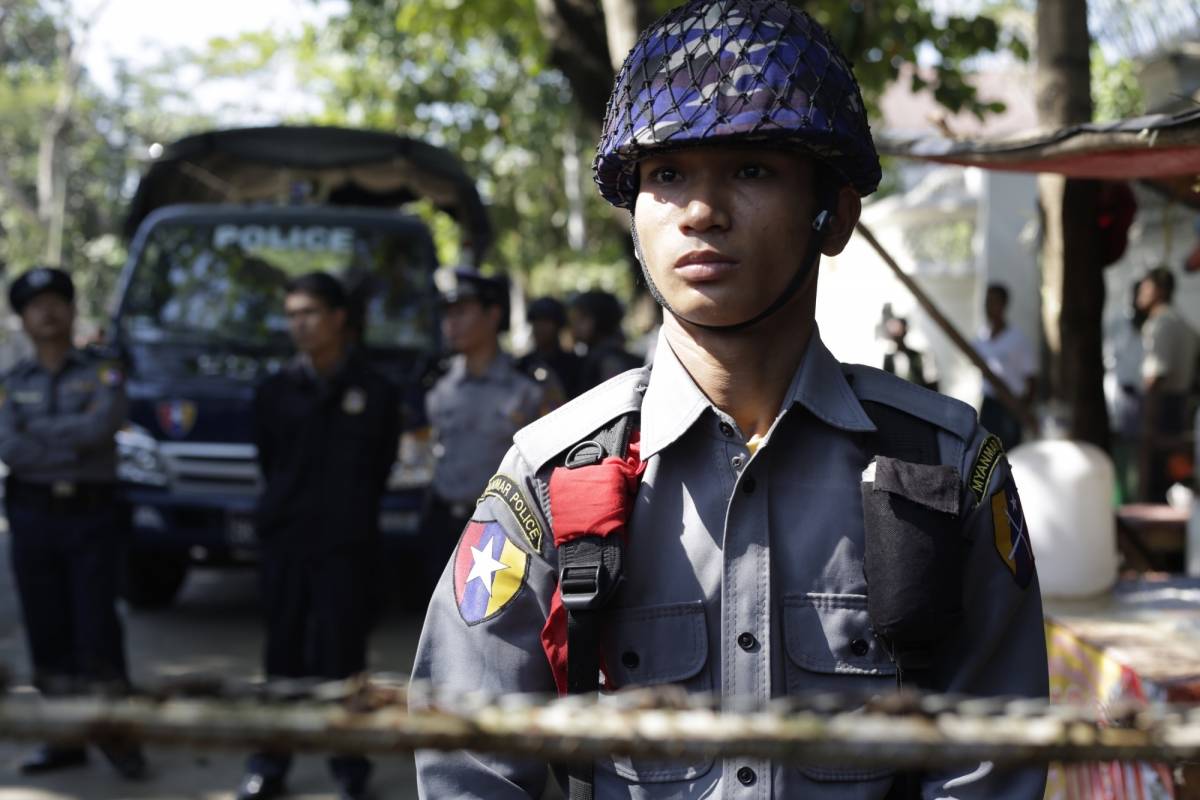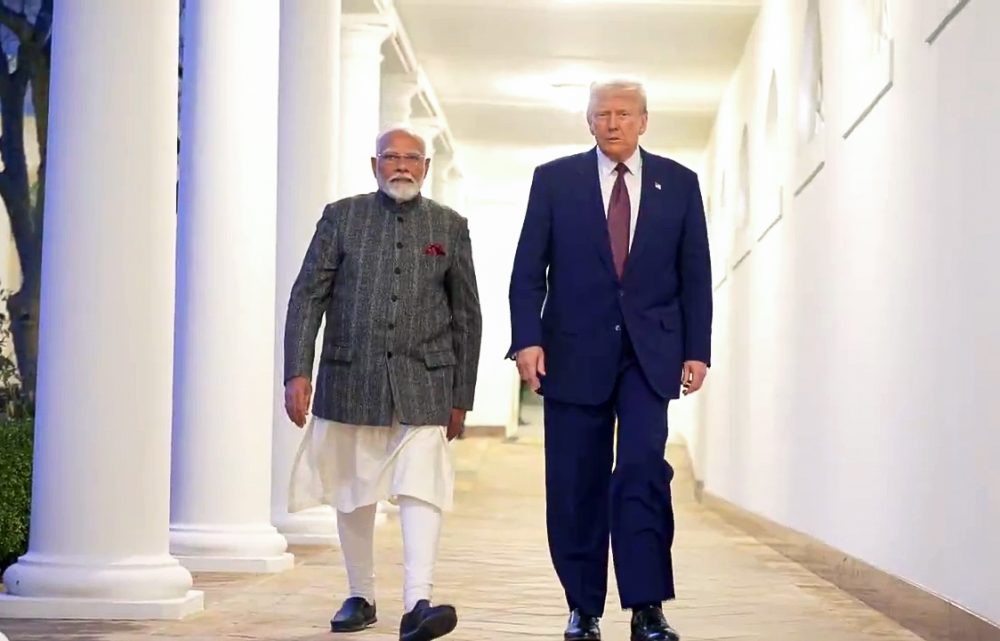The updated law also obligates all citizens to report spying activities and allows authorities to inspect the belongings of suspects….reports Asian Lite News
China’s recently revised counterespionage law has raised concerns among Japanese firms and individuals, as it poses a risk of detention for “unclear reasons,” Japan Times reported.
China’s revised counterespionage law took effect Saturday, broadening the scope of what constitutes spying activities to safeguard national security, and raising concerns among expatriates and foreign businesses about arbitrary enforcement. This development has the potential to dampen China’s economic activities.
The amended law, which was originally adopted in 2014 to guard state secrets, makes it possible for Chinese authorities to crack down on stealing and disseminating “documents, data, materials and items related to national security and interests,” Japan Times reported.
As part of Beijing’s efforts to bolster cybersecurity. the revised legislation, which was endorsed at the country’s legislature in April, newly covers cyberattacks on state organizations and key infrastructure by “spying entities and their agents”.
The updated law also obligates all citizens to report spying activities and allows authorities to inspect the belongings of suspects.
The most horrific part of the new legislation is that under China’s penal code, the maximum punishment for espionage is death.
As the definition of national security remains unclear, the legislation has raised fears among the expat and foreign business communities, Japan Times reported.
In China, the allegations concerning national security are not released, and trials also remain closed to the public. Even after rulings are finalized, the details are usually not announced.
A senior employee of Japanese drugmaker Astellas Pharma was detained by China in March, on suspicion of engaging in spying activities. However, it still remains unknown how he allegedly violated the law, Japan Times reported.
In addition to these, several US consulting firms have also been raided in recent months.
Chinese Premier Li Qiang, in a recent speech delivered at a World Economic Forum meeting in Tianjin, called for foreign investment as the world’s second-largest economy recovers from the fallout of the COVID-19 pandemic.
He also told senior foreign business representatives at the meeting that rule violators will be punished.
“As long as one abides by laws and regulations, there is no need to worry,” Japan Times quoted Chinese Foreign Ministry spokeswoman Mao Ning as saying regarding the concerns that the new law could limit reporting activities of foreign journalists.
Tetsuro Homma, head of the Japanese Chamber of Commerce and Industry in China, said in a press conference that it is “a matter of great concern” to the group whether predictability, fairness and transparency are maintained in the Chinese market, Japan Times reported.
Homma said the chamber will monitor any negative impacts of the implementation of the amended anti-espionage law on business activities and will also take necessary actions.
Since a counterespionage law came into force in China in November 2014, 17 Japanese citizens have been detained for their alleged involvement in spying activities. Five of them are still being held, according to the Japanese government.
In a recent business confidence survey by the European Union Chamber of Commerce, 64 per cent of respondents said that doing business in China has become more difficult in 2022. It is the highest figure since 2014, faced with growing risks and a more volatile operating environment, Japan Times reported.
Akio Takahara, a professor of Chinese politics at the Graduate School of Public Policy at the University of Tokyo, said Beijing has prioritized safeguarding national security amid an intensifying rivalry with Washington.
Takahara urged Japanese business circles to strongly seek the release of the Astellas Pharma official. He has also said that they cannot do business when detentions can happen for “unclear reasons”.
Naoki Tsukioka, senior economist at Mizuho Research and Technologies, said the new law could dampen economic activities in China because companies face the risk of detentions when authorities deem their information gathering constitutes spying.
“Expats should avoid secretly meeting with Chinese government, industry body and state-owned company officials for information exchange,” Japan Times quoted Tsukioka as saying. (ANI)


